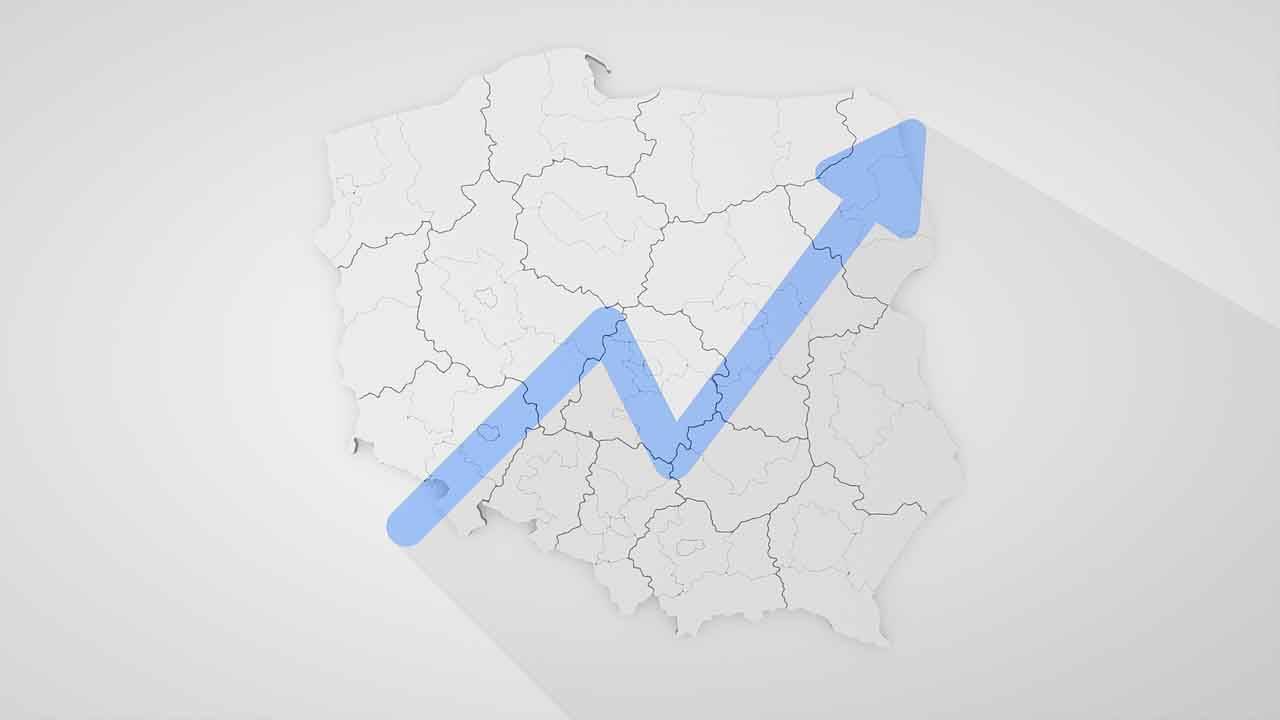Managing public finances will pose a challenge in the coming years. The 2025 budget is optimistic but assumes a massive deficit. The government will face difficulties in fulfilling its election promises, as the excessive deficit procedure has been triggered.
The budget deficit and public debt are key indicators of a country’s fiscal health. Public debt is the sum of the state’s financial obligations, while the budget deficit is the difference between government spending and revenues in a given year.
According to Eurostat data, Poland has experienced various deficit levels over the years, reflecting its response to global and local economic challenges.
2014-2019: During this period, Poland steadily reduced its budget deficit, reaching near-budgetary balance in 2018 (-0.2%). The deficit in 2019 stood at -0.7%, reflecting a relatively stable economic situation.
COVID-19 Pandemic (2020): In 2020, the deficit surged to -6.9% of GDP due to the global economic crisis caused by the pandemic. The government had to introduce numerous support programs for the economy, significantly increasing public spending.
Post-pandemic period (2021-2023): In 2021, the deficit decreased to -1.8%, a result of partial economic recovery after the pandemic. However, due to the energy crisis triggered by the war in Ukraine, the deficit rose again to -3.4% in 2022 and to -5.1% in 2023.
Poland is in the middle range of countries in terms of deficit size in 2023, but the high level of spending on defense and the energy crisis means that managing public finances will be challenging in the coming years.
Recent crises have had a significant impact on the fiscal policies of EU countries. Poland, as a country bordering Ukraine and heavily dependent on energy imports from Russia, is particularly vulnerable to these challenges. Increased defense spending and support for Ukraine are necessary but require balancing with other budgetary needs, which is a challenge for sustainable public finance management.
The draft budget law for 2025 projects a deficit of 289 billion PLN, or 7.3% of GDP. This is a significant increase compared to the 2024 deficit of 184 billion PLN (5.1% of GDP) and represents a record high.
One of the largest budget expenditures in 2025 will be defense spending—124.3 billion PLN, compared to 118.1 billion in 2024. Together with the Armed Forces Support Fund, total defense spending in 2025 will amount to 186.6 billion PLN, or 4.7% of GDP.
The government is increasingly inclined to raise spending by increasing taxes, including excise duties on tobacco and enhanced tax audits. The tight budgetary situation casts doubt on the feasibility of fulfilling election promises, even over the entire term of the Sejm.
Mariusz Zielonka, Economic Expert at Lewiatan
